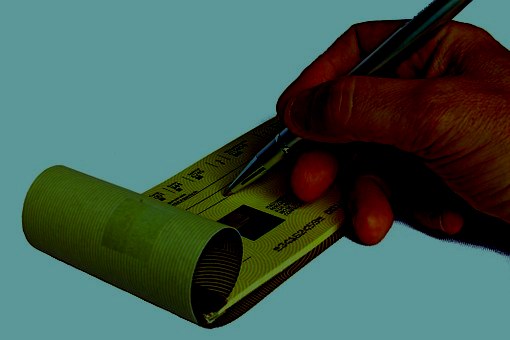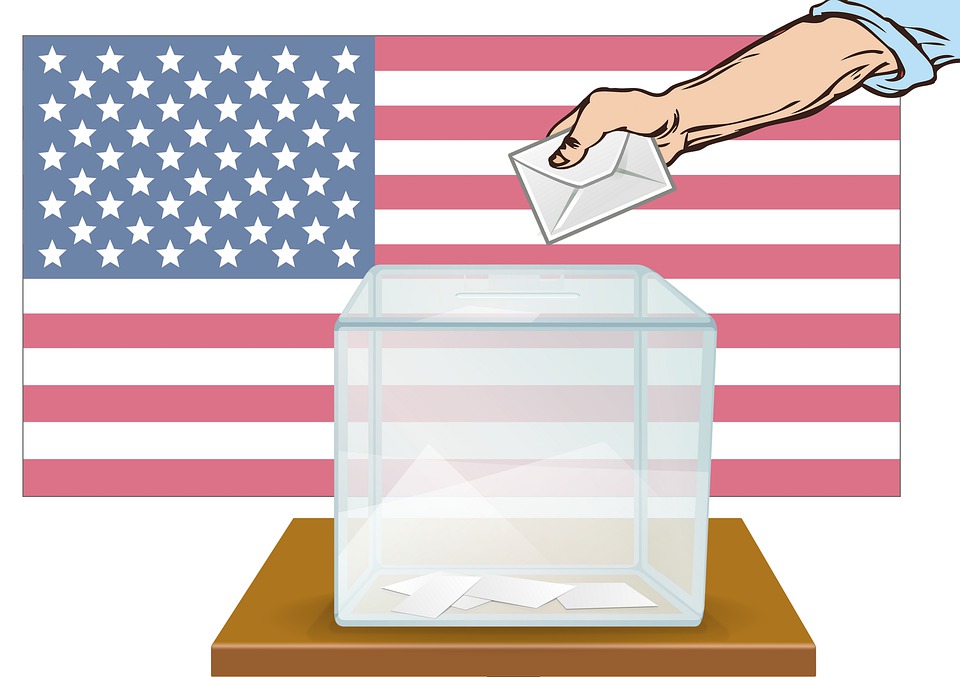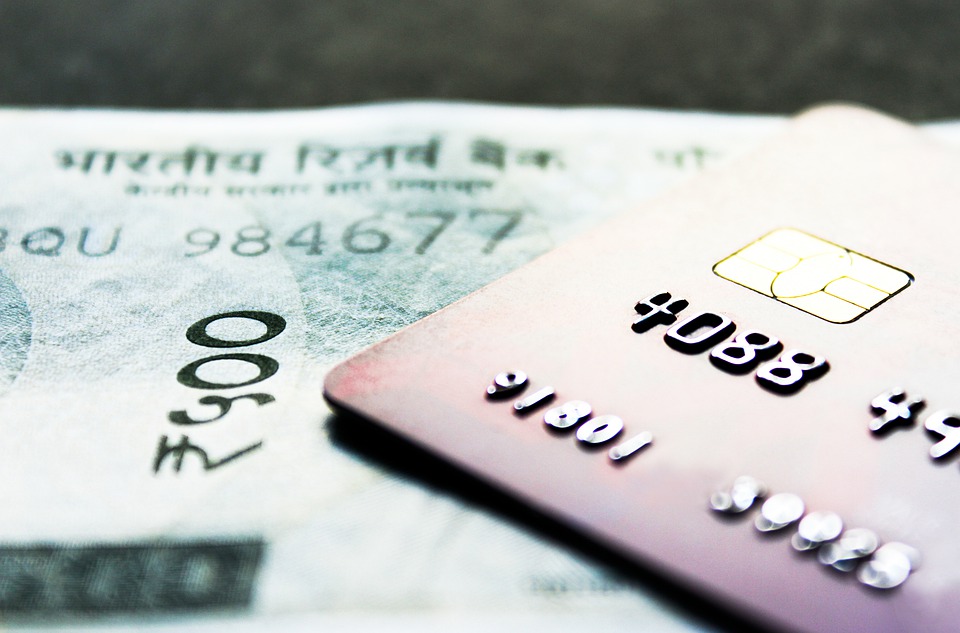A bounced cheque is the one that the bank refuses to honour or process when presented for payment to the bank. Most common financial offence in India, a bounced cheque can result in penalty by the bank, negative impact on your CIBIL score and filing of civil and criminal charges by the aggrieved party. In view of the disastrous consequences that a bounced cheque can lead to, it becomes vital to know the reasons because of which your cheque can bounce;
Date of the cheque
If the date is illegible, has some mistake or is over written, the bank may dishonor the cheque
Date has expired. A cheque is valid only for 3 months from the date mentioned on the cheque. For example if the date mentioned is 1 April 2017, the cheque is valid only up till 30 June 2017. If presented after that, the bank will not process the cheque
Post dated cheques deposited earlier than their due date are liable to bounce
Amount payable
The bank will dishonor the cheque in case there is a difference in amount payable mentioned in words and in number column
The cheque will not be processed if numbers are mentioned in amount payable in words column or vice versa. E.g. if you want to pay Rs 10,000 through cheque but mention Rs 10 thous and in words column and in numbers column, then although there is no disparity between the amount payable mentioned in the two columns but still the cheque will not be processed because of amount payable mentioned in an incorrect format
Insufficient funds
The most common reason for the cheque to bounce is having lesser funds in the account than the amount for which the cheque is issued
Even in case of insufficient funds, there are times the bank passes the cheque and account balance is made negative i.e. an overdraft fees is charged. But, in case the limit of overdraft is crossed, cheque issued for any further payment will bounce
Signature
Signature mismatch i.e. the signature on the cheque do not match with the one in bank records
Signature is being done over the MICR b and
In case of joint account where both signatures are required, only one sign is there
Form of cheque
Disfigured, damaged or strained cheque
Sribbling or overwiriting or alteration in cheque. Always issue a new cheque in case of a mistake
Doubt in genuineness of the cheque
Payment stopped by the account holder
The drawer of the cheque instructs the bank to stop the payment for the cheque due to insufficient funds in the account, the cheque will bounce
Account is closed
If you close your account and a cheque is left unpaid, the same will be dishonored by bank upon presentation
Section 138 of Negotiable Instruments Act, 1881 deals with the bounced cheques and makes the same a punishable offence. However, the said section only takes two contingencies to be leading to dishonor of cheque which are mentioned as below;
Insufficiency of funds in the bank account of the drawer
The amount to be paid by the drawer through the cheque exceeds the amount arranged to be paid from that account by an agreement with the bank
However, in wake of the increasing fraudulent and dishonest acts, the courts have accorded a liberal construction to the above mentioned section and in order to give effect to the intention of the Act, the courts have passed l andmark judgments taking into consideration other situations leading to dishonor of cheque and liable to an appropriate punishment.


























